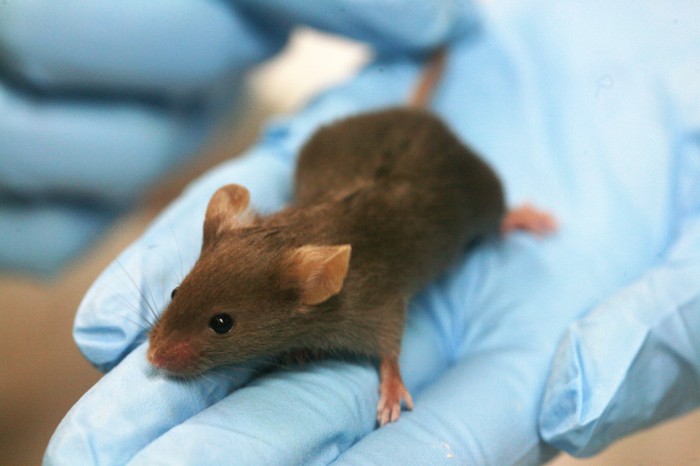
Lab mice might not be good models for humans in pharmacological studies
Mice are often used in biology to study pharmacological phenomena before studying a drug’s effects in humans. A paper recently published in PNAS suggests that mice might not be good models for human systems – at least when it comes to inflammation pathways.
In the paper, The Inflammation and Host Response to Injury, Large Scale Collaborative Research Program analyzed data sets from several studies. In these studies, researchers looked at gene expression after events that lead to inflammation like blunt trauma or burns. They compared the genes expressed in humans after such events to the gene expression of their analogues in mice. They found that there was very little correlation in the genes that a mouse expressed during inflammation and when compared to a human.
Also, when they compared the expression rates, they saw that both mice and humans saw the change in expression responded within the first 6 hours. But the time it took for expression to returned to normal lasted up to a year in humans, but only up to a week in mice.
The authors point out that many of the clinical trials based on mice studies fail. And none of the 150 treatments in clinical trials for inflammatory ailments has been successful.
For more information check out the original research by Junhee Seok et al. at PNAS.
Comments are closed.